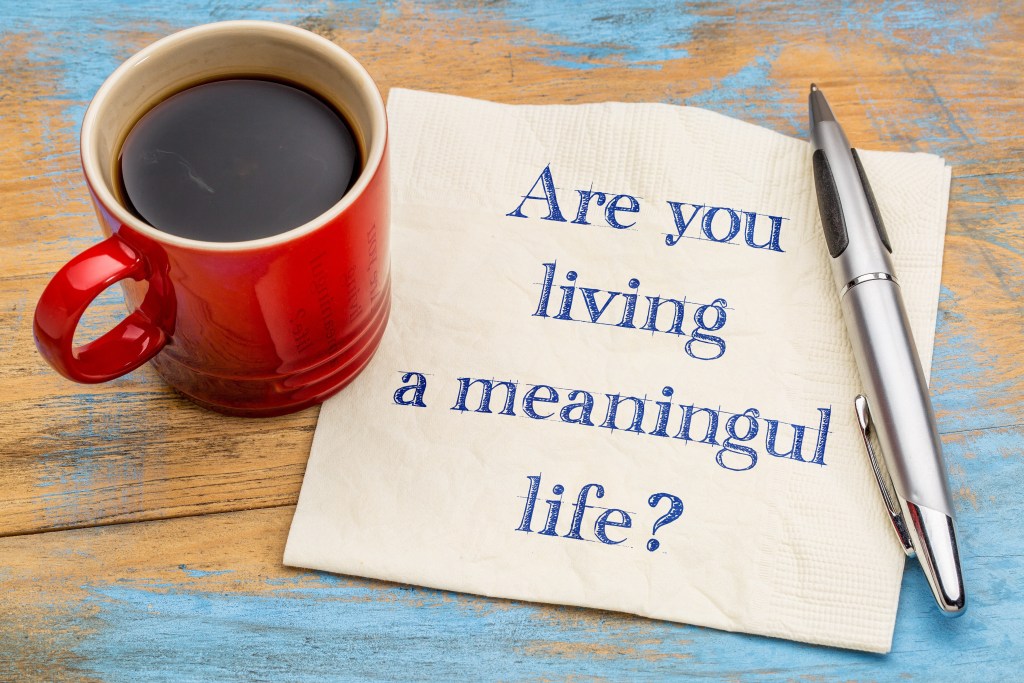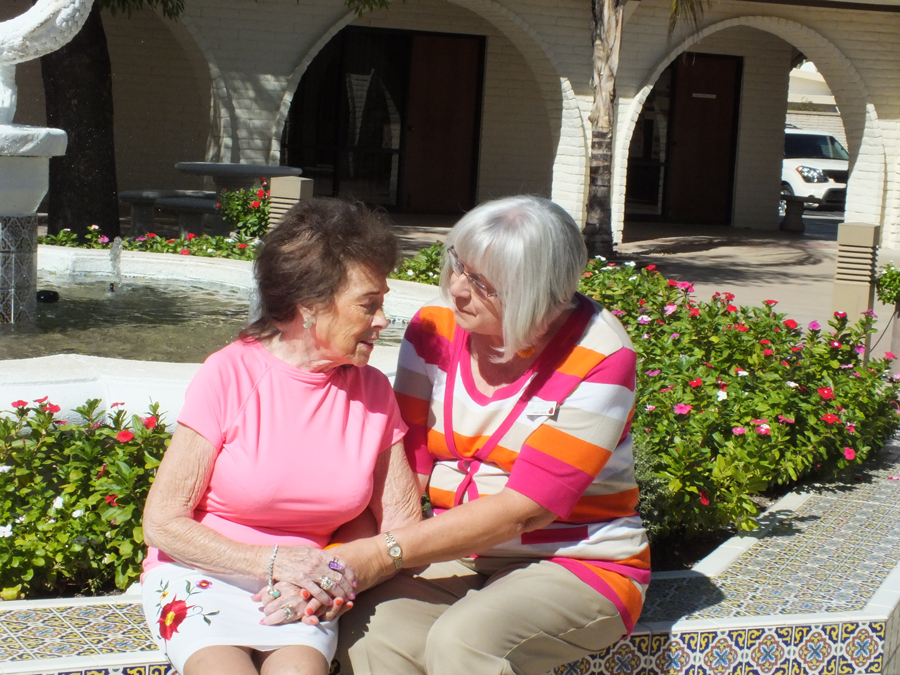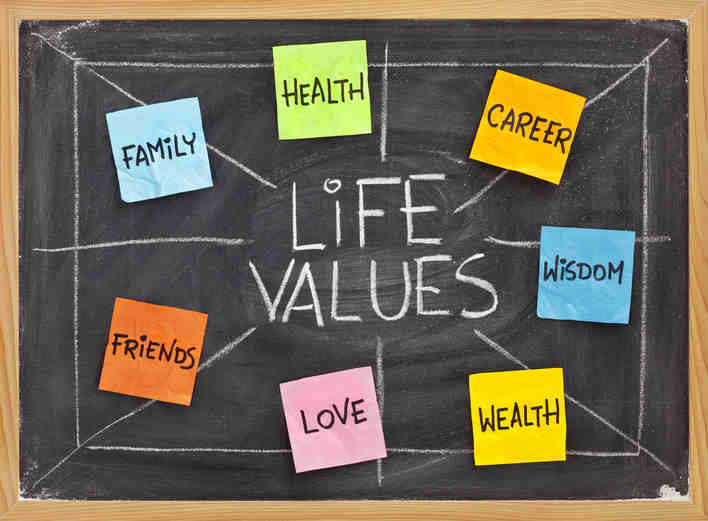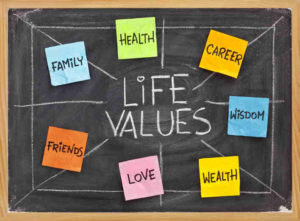At some point, you have probably imagined yourself fighting for freedom; desperate to rail against injustice and inequality, wondered what you could do to bring an end to poverty. Those are noble desires, and why not throw climate change in there while you’re at it.
You are but one person and while you can make plenty of changes in your own life that will effect change, you don’t have to save the world to make your life one that is worth living. There is meaning in everyday life and in everyday things and actions. Small things can go a long way to making you feel that your life has meaning, and many little things add up to a whole lot.
Find Meaning In Small Actions
Trying to save the world is exhausting, especially if you don’t practice self-care. Part of finding meaning in life is by doing the things that you love doing and feeling good about it.
Not everyone can be an activist, but we can all make a difference in our own ways. However, that begs the question – how can you find meaning elsewhere, meaning in small actions that don’t have anything to do with saving the world?
It’s not as difficult as you think!
It all begins with a question – what do you value? What are your strengths? When you allow these two things to align with your actions then you are living a life of purpose of meaning. Of course, it can be difficult to recognize these things within ourselves, so you may need to speak to those who are closest to you to find out when you thrive.
You can also use the steps above as a way to take meaningful action and boost your self-confidence and happiness levels. We often feel at our best when we make a difference.
Not everyone can live their dream through their job and if you aren’t lucky enough to be able to pursue your passion in a career, you should strive to include the activities you love in your spare time. It’s vital to create spare time. It’s time to put your phone down and start truly living your best life.
Every Day Action
Believe it or not, you can make a difference without leaving your couch. Just look at these meaningful actions that can make a difference in your life and happiness. You can practice these without putting yourself under too much pressure.
- Money is a source of frustration for all of us, but by using a power strip to plug your electrical appliances into you can easily turn everything off with one flick of a switch. Not only is this going to help the environment, but it’s going to reduce your energy bill, too.
- Move all of your bills online.
- Do your research and choose to buy from companies that have green practices.
You don’t have to stop there, though, there are still things you can do from your home that will help save the planet.
- Shorter showers.
Go meat-free three days a week.
Recycle and compost.
Buy energy efficient appliances
You can continue once you leave the home and it’s easier than you might think.
- Plan your meals in advance and shop smart to avoid waste.
Buy reduced fruit – there’s nothing wrong with it, it just isn’t attractive enough for display.
Buy sustainable seafood.
Leave the car at home.
Take your own shopping bags.
Hybrid vehicle.
What about finding meaning that is about you?
- Start practicing yoga and meditation.
Make time for your loved ones.
Indulge your hobbies and favorite activities.
Invest in your health and happiness.– Scott Blessing




















